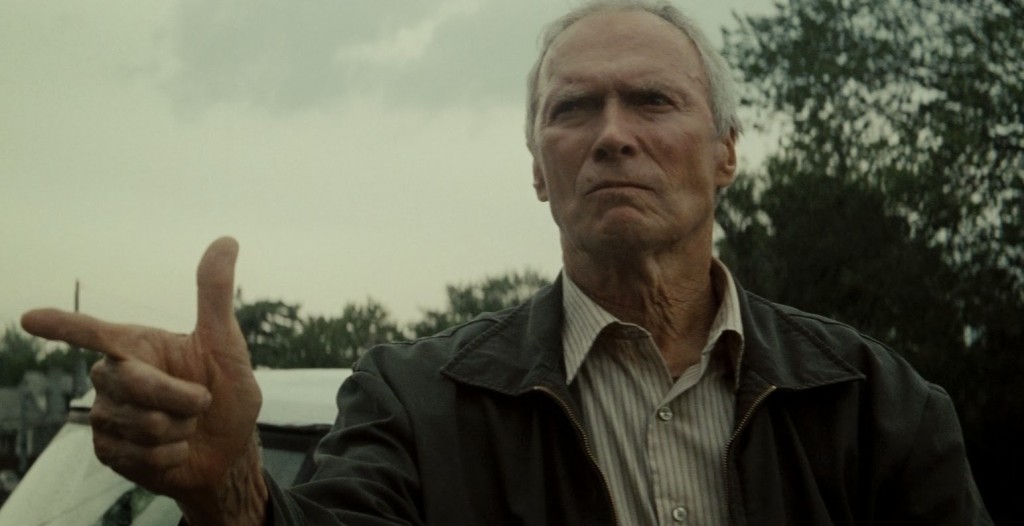Clint Eastwood ended his four-year acting hiatus to star in ‘Gran Torino,’ which would go on to be one of the director’s many crowning achievements. ‘Gran Torino’ tells the tale of a retired, cranky auto-worker, Walt, who attempts to overcome his prejudices after meeting and bonding with a young next-door neighbor hailing from a Hmong background. The movie plays out like a retelling of a biographical event, with lifelike characters and evocative storylines. But is ‘Gran Torino’ genuinely a true event or simply a well-crafted story? Let’s find out!
Gran Torino is Based on The Screenplay Written By Nick Schenk
No, ‘Gran Torino’ is not based on a true story. The movie is based on a screenplay by writer Nick Schenk, who conjured up the idea for ‘Gran Torino’ at one of the most unconventional places – a Grumpy’s bar in northeastern Minneapolis. Schenk would scribble away to glory every night at Grumpy’s and even solicit advice from his bartender. Schenk penned down the script for ‘Gran Torino’ – which, for context, would end up grossing around $270 million worldwide – on a stray pad of paper at Grumpy’s. At the bar, inspiration would flow for Schenk – he once wrote 25 pages in a single night – and the writer would then collate his thoughts into a script.
Back then, Schenk worked several day jobs, including that of a factory worker. During his stint there, Schenk first came into contact with Hmong culture. He learned about their affiliation with US-backed South Vietnamese forces in the throes of the Vietnam War and their persecution at the hands of North Vietnamese Communist forces. Years later, when Schenk was crafting a script about a Korean war veteran, i.e., Walt, attempting to assimilate widespread changes within his neighborhood, he got the idea to make Walt’s next-door neighbors a Hmong family.
Several people had attempted to dissuade Schenk from writing about a cantankerous old man they regarded as less than interesting. Schenk disclosed, “[My critics] said it would never get made because you’re not supposed to write about old people.” Ultimately, the writer heeded no one but himself and went ahead full steam with Walt’s character. Walt reminded Schenk of coworkers he would meet while working odd jobs like construction. Older coworkers would often gravitate toward Schenk, who lent them a patient ear and listened to them reminisce about their heyday.
Writing the script proved to be the easy part. At the time, Schenk had never optioned a single feature film script. How did the first-time screenwriter get his script directed by the likes of the living legend Clint Eastwood? Well, two young Hollywood producers, Jenette Kahn and Adam Richman, first spotted ‘Gran Torino’s’ unique charm. They optioned it with money from their coffers. Most of the producers showed them the script to get passed on the film. Eventually, the script fell into the lap of Bill Gerber, a producer at Warner Brothers, who had contributed to many Eastwood flicks.
When Gerber presented the script to Eastwood, the veteran director all but signed on the dotted line. In a rarely seen feat, minimal changes were made to Schenk’s script, the most prominent of which was a shift in location from Minneapolis to Detroit. This was done on account of attractive tax rebates offered by the state of Michigan. But since Walt was depicted as a retired auto worker in the film, the change of setting to Michigan—once known as ‘The Motor City’—gelled well thematically.

